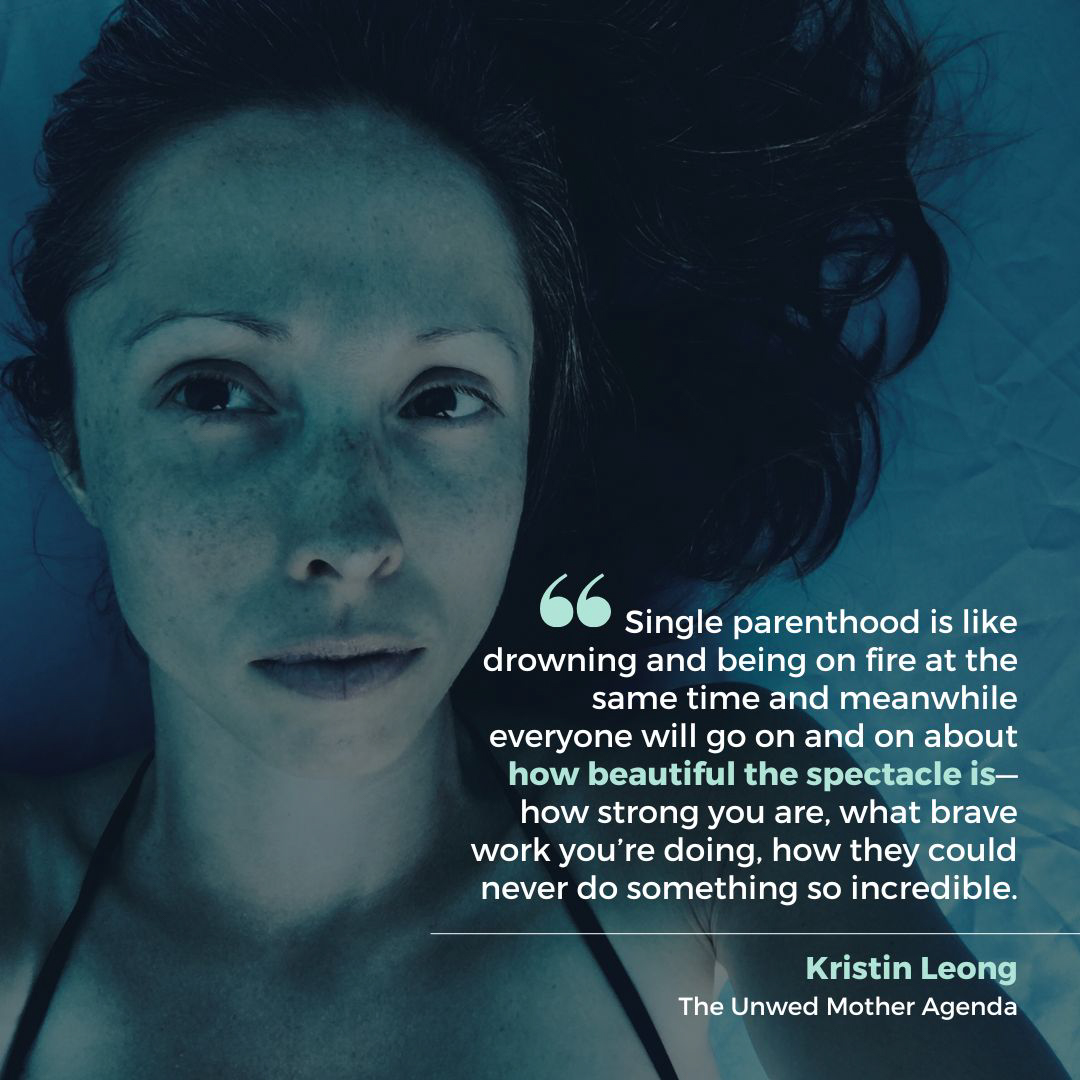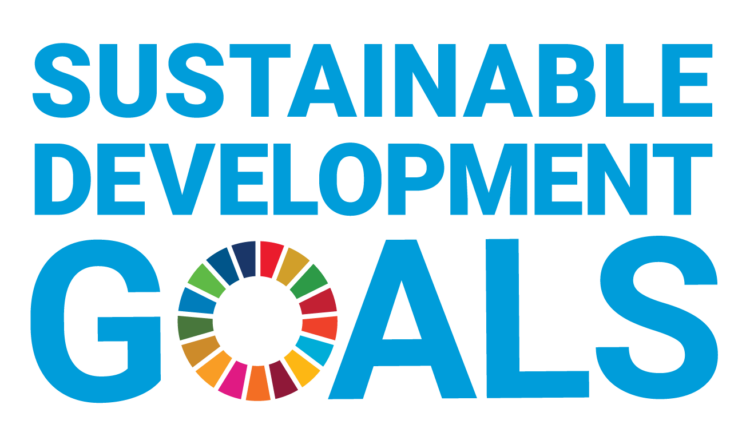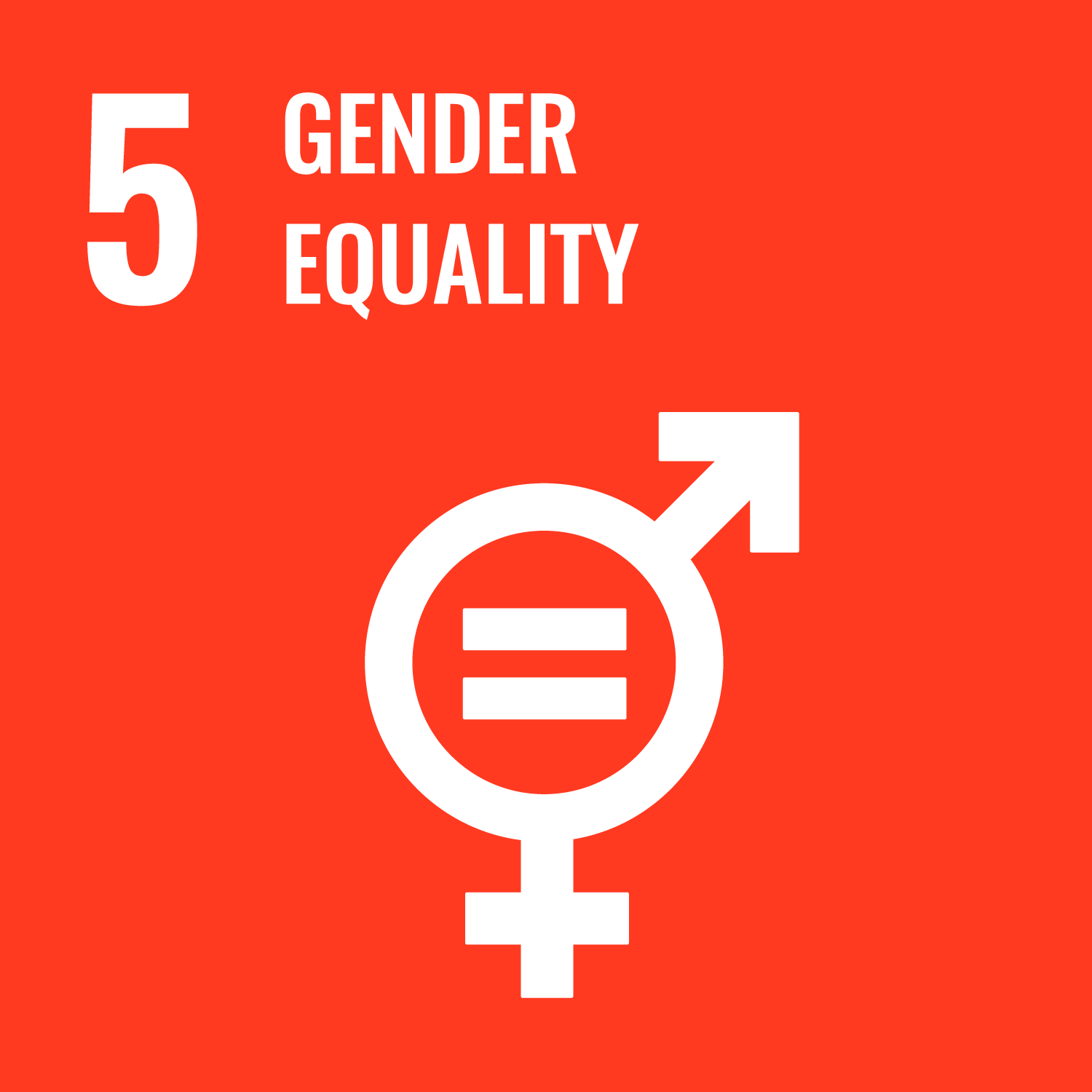
Kristin Leong
Seattle, WA
The Family Court Report is founded and led by award-winning producer and educator, Kristin Leong, M.Ed.. Leong has been fighting for safety and justice for herself and her son through the family court system for over a decade.
Leong is a 2023 4Culture grantee, an AIR New Voices Scholar, an international TED-Ed Innovative Educator, a 2020 Seattle Arts Award nominee, and a 2020 Countering Hate Award winner. Her project HALF: Biracial + Bicultural in America was nominated for USA Today’s Outstanding Academic & Intellectual Endeavor award. As a first generation scholar and senior at Sarah Lawrence College, The New York Times called her a “graduate already in the driver’s seat.”
Currently, Leong teaches a multimedia storytelling course for diverse, highly capable middle school students with The University of Washington’s Robinson Center. She previously served with NPR-affiliate KUOW Public Radio, Town Hall Seattle, and Bellevue Public Schools.
Originally from Honolulu, she now lives in Seattle with her wife, son, and rescue doodle, Radley. ROCK PAPER RADIO is her newsletter and the parent publisher of The Family Court Report.

Introducing The Unwed Mother Agenda, A.K.A The Family Court Report
The Family Court Report
Kristin Leong is an award-winning multimedia producer. She is an AIR New Voices Scholar and a TED-Ed Innovative Educator. ROCK PAPER RADIO is her newsletter for misfits and unlikely optimists.
Artist BioThe Family Court Report will be a multimedia exploration of the failure of America’s family court system to protect our most vulnerable caregivers and children due to systemic misunderstanding and dismissal of domestic violence.
This project will culminate in a nonfiction essay collection and podcast. Both the essays and the audio features will weave reporting on historical inequities and shortcomings of the family court system into the author’s experience of single motherhood and fighting for justice and safety for herself and her son for over a decade.
In addition to data-focused reporting on the disproportionate representation of mothers of color and families experiencing poverty who are struggling within the system, reporting will include interviews and case studies of justice-involved families. Special attention will be focused on the ways family court policies and procedures enable and reproduce experiences of trauma onto domestic violence victims.
The podcast will be a narrated, highly produced, sound-rich series, produced and hosted by the author. This project hopes to fuel conversation that leads to systemic and sustainable policy changes for our family court system that will result in safer and more equitable outcomes for all.


